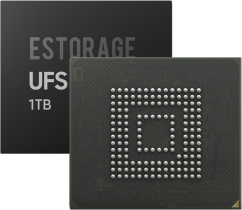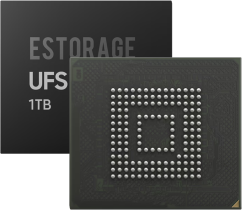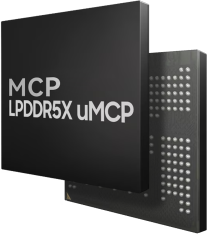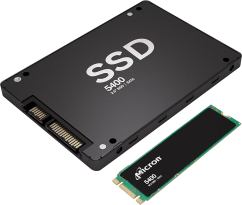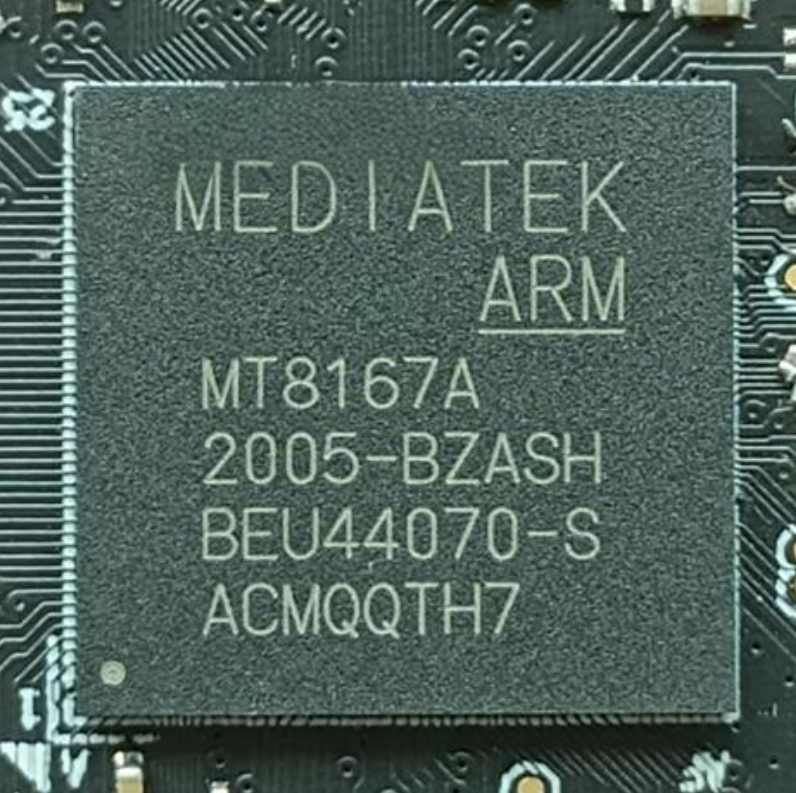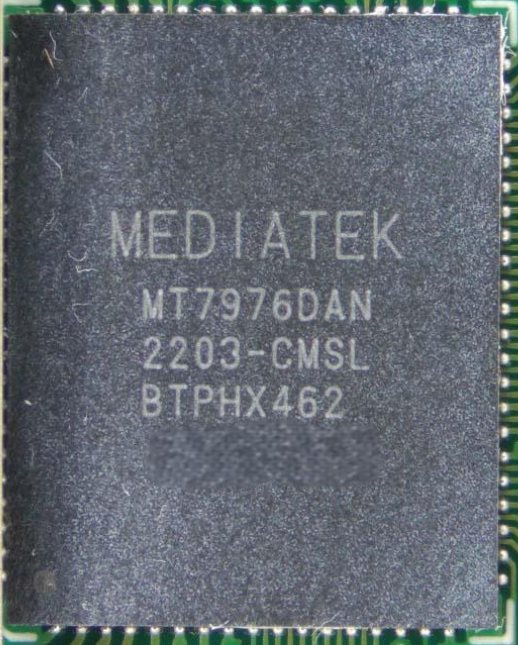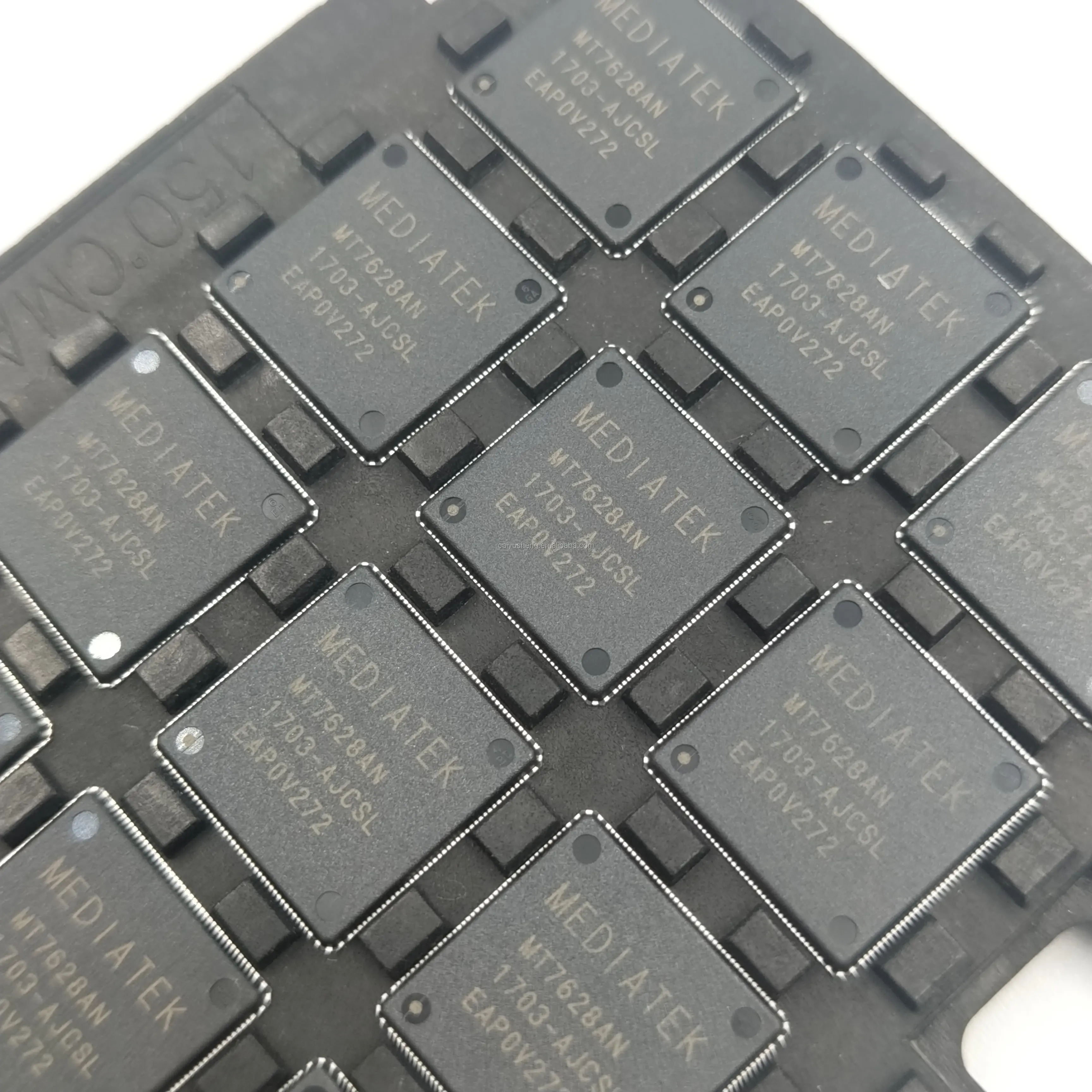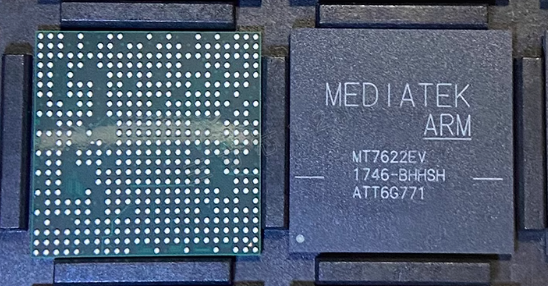Product Description
The MediaTek MT2502AV-BMTH is a highly efficient and versatile chip that is designed specifically for wearables, where power efficiency and small size are paramount. Below is an in-depth analysis of its capabilities:
Processor and Performance
The heart of the MT2502AV-BMTH is its ARM Cortex-M4 processor running at up to 260 MHz. The Cortex-M4 is a low-power microcontroller designed for embedded applications. It strikes a balance between sufficient computational power for wearable functions, such as health tracking, step counting, and GPS navigation, and minimal power consumption.
Low Power and High Efficiency: The Cortex-M4 core’s architecture is based on ARM’s Thumb-2 instruction set, which allows it to run code efficiently while consuming minimal power. Its relatively low clock speed (260 MHz) also reduces energy use while still offering enough processing capability to handle the typical tasks required in wearables, including sensor data acquisition, signal processing, and user interactions.
Real-Time Operations: The MT2502AV-BMTH can run real-time operating systems like FreeRTOS, which ensures that data is processed in a timely and efficient manner. This is critical for wearables that monitor continuous data such as heart rate, steps taken, or GPS location.
Connectivity and Integration
The MT2502AV-BMTH is equipped with integrated Bluetooth 4.2, which plays a critical role in its connectivity. Bluetooth 4.2 enables fast data transfer between the wearable device and paired smartphones, allowing for seamless synchronization of data such as fitness metrics, notifications, and app updates.
Wireless Integration: Since Bluetooth is integrated directly into the chip, there’s no need for a separate external Bluetooth module, making the design simpler, reducing space requirements, and improving power efficiency. Bluetooth 4.2 also provides higher security with LE Secure Connections and supports long-range communication, which is beneficial for wearable devices that need to maintain connectivity while moving.
Support for Sensors: The MT2502AV-BMTH is designed to interface with a variety of sensors and peripherals, such as accelerometers, gyroscopes, and heart rate sensors. The chip’s I2C and SPI interfaces make it easy to add additional sensors or peripherals to the device, allowing manufacturers to create customized wearables with a broad range of functionalities. For instance, a fitness tracker could use an accelerometer for step counting, a heart rate monitor for continuous health tracking, and GPS for location-based services.
Audio and Multimedia Capabilities
While primarily focused on power efficiency, the MT2502AV-BMTH includes an integrated audio codec, which supports both mono and stereo audio output. This feature allows wearables to support basic audio functions, such as receiving calls, interacting with voice assistants, or playing back notifications.
Voice Assistants and Notifications: The SoC supports voice applications, making it ideal for smartwatches with voice assistants like Google Assistant or Siri. The codec ensures low-latency audio output for real-time conversations, notifications, and commands.
Low Power Audio: The chip’s design ensures that audio playback or voice recognition features do not significantly drain the device’s battery, which is particularly important for wearables that need to operate for extended periods without frequent charging.
Power Management and Battery Life
One of the standout features of the MT2502AV-BMTH is its battery efficiency. The chip’s design prioritizes power conservation, making it ideal for wearable devices where battery life is a key consideration. The MT2502AV-BMTH employs various power management techniques, such as dynamic voltage and frequency scaling (DVFS) and deep sleep modes.
Low-Power Modes: When the wearable device is not in active use, the MT2502AV-BMTH can enter a deep sleep mode, significantly reducing power consumption. For instance, when a smartwatch is not being interacted with, it can monitor sensors like the heart rate or step counter in the background without drawing much power.
Extended Battery Life: Thanks to these advanced power management features, devices powered by the MT2502AV-BMTH can last for days or even weeks on a single charge, depending on usage. This is particularly valuable in fitness trackers or smartwatches that are expected to run continuously without frequent recharging.
Use Cases and Applications
The MT2502AV-BMTH is highly suited for wearable technology, especially in products like:
Smartwatches: With integrated Bluetooth, low power consumption, and support for essential functions like health monitoring and notifications, the MT2502AV-BMTH is ideal for smartwatches.
Fitness Trackers: For devices focused on health and fitness tracking, the chip supports integration with various sensors like accelerometers, gyroscopes, and heart rate monitors, making it perfect for monitoring activity levels, sleep patterns, and workouts.
Health Monitoring Devices: Wearables that track vital signs, such as heart rate or blood oxygen levels, can leverage the MT2502AV-BMTH’s processing power and sensor integration for accurate and real-time health monitoring.
Conclusion
The MediaTek MT2502AV-BMTH is an ultra-low-power, highly integrated chip designed specifically for wearable applications. Its power-efficient ARM Cortex-M4 CPU, integrated Bluetooth 4.2, and support for various sensors make it a great choice for fitness trackers, smartwatches, and other health-monitoring wearables. With its efficient power management and compact form factor, it allows manufacturers to design devices that deliver long-lasting performance without compromising on features.
Specification
CPU:
The MT2502AV-BMTH features a single-core ARM Cortex-M4 processor operating at up to 260 MHz. The Cortex-M4 is a power-efficient core that is well-suited for processing sensor data, handling simple applications, and running real-time operating systems, all while consuming very little power. This makes it ideal for wearables that need to continuously monitor and process data without draining the battery.Memory:
The SoC supports SRAM for on-chip memory and is optimized for small, low-power devices. It supports up to 128 KB of SRAM, which is sufficient for storing data related to real-time monitoring of health metrics, activity logs, and other wearable app functions.Connectivity:
Bluetooth 4.2: The chip includes integrated Bluetooth 4.2 for connecting with smartphones and other Bluetooth peripherals. Bluetooth 4.2 allows for improved data transfer rates, increased security, and lower power consumption compared to previous Bluetooth versions, making it suitable for wearable applications.
External interfaces: The MT2502AV-BMTH also supports I2C, SPI, UART, and PWM interfaces for connecting external sensors, displays, and other peripheral devices typically found in wearables.
Audio Codec:
The MT2502AV-BMTH features an integrated audio codec, supporting mono or stereo audio playback for smartwatches and other wearable devices with audio output, such as voice assistants or music playback functions. It supports various audio formats and ensures low-latency audio transmission.Power Management:
Designed for power efficiency, the MT2502AV-BMTH features dynamic voltage and frequency scaling (DVFS) to reduce power consumption during low-demand periods. The SoC also supports sleep modes, including deep sleep, to minimize energy use when the device is not active, making it suitable for long-lasting wearable devices.Operating System Support:
The MT2502AV-BMTH is compatible with a range of real-time operating systems (RTOS), including FreeRTOS, which is commonly used for wearable devices to manage real-time data processing. It also supports Android Wear for more complex applications, although its primary focus is on low-power, simple functionality.Integrated Sensors Support:
The MT2502AV-BMTH supports integration with various sensors commonly used in wearable devices, such as heart rate monitors, accelerometers, and gyroscopes. This makes it ideal for fitness and health tracking applications, where continuous monitoring is required.Battery Life Optimization:
Thanks to its low-power design, the MT2502AV-BMTH is engineered for use in wearable devices that need to operate for days or even weeks on a single charge. This is made possible by the SoC’s ability to manage power usage effectively through its energy-efficient CPU, Bluetooth connectivity, and advanced power management features.

